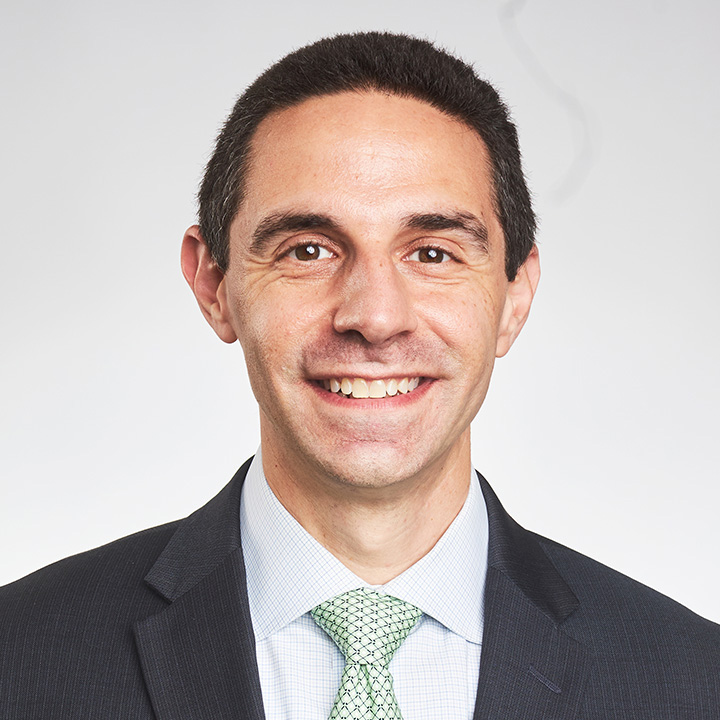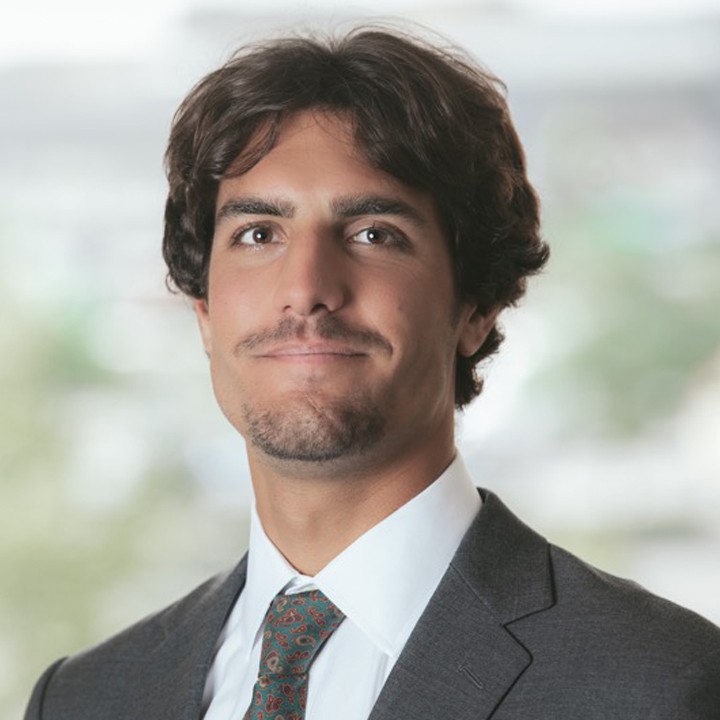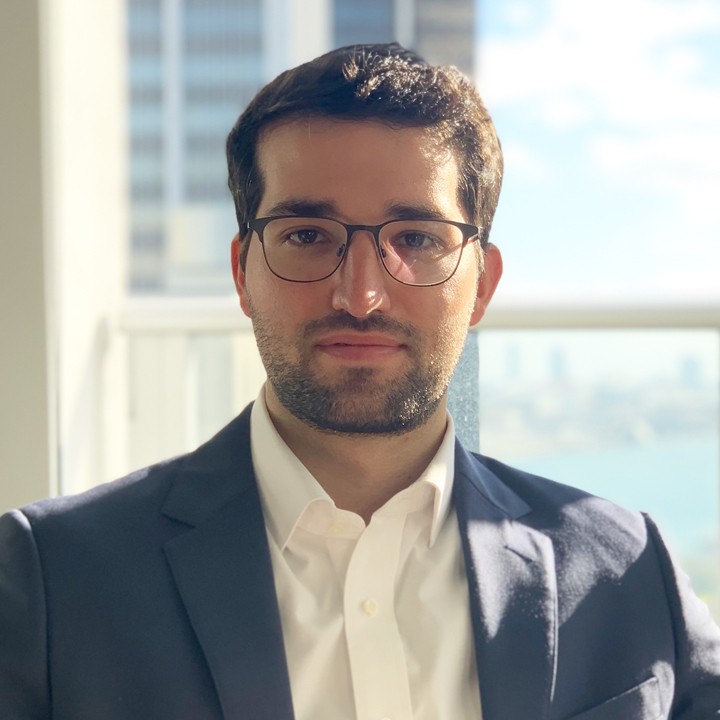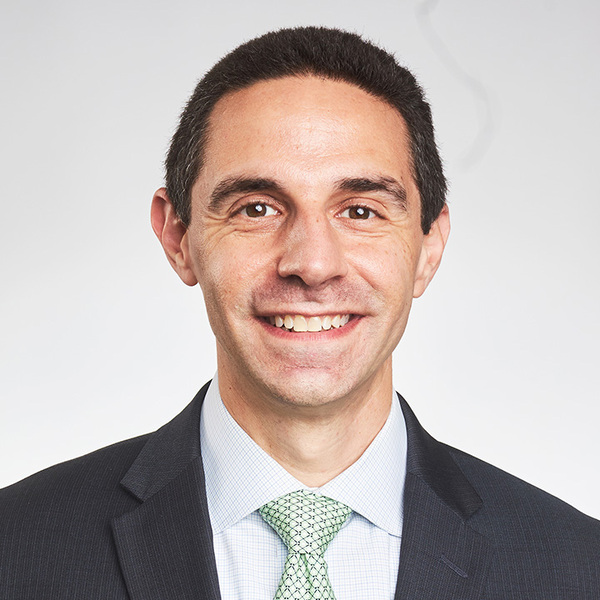Those who come from business-owning families often face the difficult decision whether to join their family business or forge ahead in their own career path. Our Next Generation Experience team recently hosted an event where we spoke with two next generation members of business-owning families, Adriano Barilla of Barilla Pasta and Brandon Farmer of CSC Sugar, about their career path, their families, and the intersection of those two worlds.
Provide us with a brief description of your family’s business.
Adriano Barilla: I’m a fifth-generation family member of the Barilla Group, an international producer and marketer of pasta, sauces, and bakery products. My great-grandfather started the business in 1877, and my grandfather took over at age 25. My grandfather and his brother sold the business in the early 1970s, and then repurchased it in 1978. Following that, they continued to grow and expand throughout Europe. When my father and his siblings took over in the late 1980s, they expanded internationally. That generation is still in charge today.
Brandon Farmer: My father founded CSC Sugar, a sugar trading and food manufacturing company, in 2004. He started trading sugar in the 1980s, and in 2004, he completed a management buyout with a small team. In 2006, the company started manufacturing sugar. Fast-forward to today, and we have about 300 employees and eight refineries in the U.S.
How did you think about the family business as you were growing up?
BF: I knew my dad was a sugar trader when I was young, but he didn’t talk about work at home. As I got older, I asked more questions and grew more interested. I always thought it sounded cool to be a sugar trader who traveled the world.
AB: It was easy to ask my dad about the business because he was always bringing home new treats for us to try! He began engaging me and my brothers in conversations about the business when we were about 10 years old, though there has never been any pressure. Then, when I went to college, we started discussing the path that I would need to take over the next decade to one day be in the best position to make a decision about joining the business.
Tell us about the role your family plays in the business.
BF: I am one of five children, and I am the only one who is involved in the family business. I do have a brother-in-law who is also involved.
AB: My grandpa was chairman and CEO, and he made all of the decisions. With my father’s generation, it’s different. My dad is the chairman, his brothers are vice chairmen, and his sister sits on the board but is not an executive. While they are actively involved in the day-to-day operations, they have a nonfamily CEO and executives. Still, at the end of the day, it is a family business, so it’s important that all parties involved are aligned with the family’s vision for the company’s future.
No one in my generation is in the business. I have two younger brothers and three cousins. It’s a big company, and there will be rules and requirements we must meet if we decide we are interested in joining.
We are working with the past generation to understand the best path forward. Nothing is defined, but my dad always tells me and my brothers that if we are interested, we need to get outside experience to best position ourselves to join one day.
Brandon, what led you to join the family business?
BF: When we were younger, my dad said no one was going to work in the business. He didn’t consider it a family business yet! He didn’t know what the future was. Once we entered high school, we started learning more. My older brothers and I interned at the company. They went on to do different things, but I remained interested.
Similar to what Adriano said, anyone who wants to join the business – family or nonfamily – has to present a value to the company.
Despite getting pushback when younger, what caused you to want to move against the current?
BF: I am half Cuban, but I did not grow up with exposure to that part of my heritage. When I was 17, I went to Colombia for a month, and I was impressed with Latin America. A lot of sugar is grown in Latin American countries, and the region started pulling me in.
I also liked how dynamic sugar trading is. We are not screen traders. We meet with people and talk about what they need and how we can add value to them. It’s relationship building, which I’ve always enjoyed.
Did you ever consider going in another direction?
BF: When I went to college, I knew I wanted to do something with trading. After college, I tried to find a job outside of the company, but I didn’t have much luck – everyone said I was just going to leave in a few years to work for my dad. I ended up joining CSC Sugar in a role in Mexico City. It was a great experience, but I needed to see if there was something else for me, so I resigned after two years. I started traveling Latin America and was then recruited by a sugar trading company in Miami. I accepted the role and worked there for five years before rejoining the family business.
Your dad is your boss. How do you separate the personal from business?
BF: You find guidelines. If I want to talk to my dad about work during personal time, I confirm that he is OK doing that first. If he gets heated at work and has to be stern, I have to deal with it like any other employee.
What’s more challenging is interacting with co-workers. It’s a relatively small company, so if I am not sensitive to their goals and clear about the value I want them to have, it can be threatening. It’s important to have direct conversations so that the tension doesn’t boil up.
Adriano, you are not in the family business right now. Walk us through your decision process and where your path takes you.
AB: I graduated a couple years ago with a finance degree and currently work in investment banking. I’m the first person in the family to study and work in finance – everyone else went to the family business immediately. But today, Barilla is a bigger company, and there are many people and eyes on the business. I didn’t want to go there and not add any value. It has been good for me to see the world outside and build a path toward how I may be involved. I will always have a connection to the business, but right now, I am focused on learning the most that I can outside of the company.
The future is a work in progress, but I do believe the next generation needs to be involved in the family business. It is in the company’s core values.
As far as others are concerned, is it always a forgone conclusion that you are going to join the business eventually?
AB: It depends on the next generation and their dreams for the future. Of course, outsiders assume you are going to work for the family business. And while I do feel a responsibility, it’s not as black and white. My generation is in the gray area, and there are many rules left to be determined. The only thing we can control right now is our personal development for the next four to 10 years.
What are some of the goals that the next generation in your family business would like to accomplish?
BF: Our company is still growing. The real effect we need to have in 10 to 15 years is to strengthen the business so that it can live another 100. Most family businesses don’t succeed after the third generation, so I have to think about how we get past that.
AB: Building off that, in our family, we have always been educated about our role as eventual shareholders who will make decisions about the company. We have been taught to grow the business as much as possible, focus on sustainability, and pass it to the next generation. The way we are going to grow is through diversification of the business and markets.
If you look back on the road you have traveled, what advice would you give your earlier self in terms of helping understand what comes next?
BF: As a family member in a family-owned company, there’s pressure and opportunity, and you need to deal with those at once. Leaving the company for a few years was also crucial. If I had stayed, I think my position – and my personal self-esteem – would be different now.
AB: When you struggle and have a hard time, don’t take the easy way! I am very fortunate, but I came to the U.S. from Italy in high school knowing no English. I could not have conversations for two years. I struggled again in college and was tempted to go back to Italy many times, but I was resilient, and it has been important to my development. I am also fortunate enough to have two brothers close in age, so I had them for support. They helped me stay here and pursue my path.
What are your next steps in order to keep moving in the right direction?
AB: My goal for the next decade is to continue working hard and getting experience that allows me to have the best career choice and add the most value wherever I am. I am also focused on working with the family to figure out next steps for the next generation. We’re not taking over tomorrow, but we have to work on it.
BF: I am in a similar situation with a shorter timeline. My dad talks about retiring in the next couple years, so I am focused on determining how we help him transition out while making sure everyone’s jobs are stable and secure. When you own a family business, people’s livelihoods depend on you. Your decisions can affect the trajectory of someone’s life. We want to ensure we make this decision correctly.
Thank you both for your time and insights.
Interview conducted by Ben Persofsky, and article written by Kaitlin Barbour.
At Brown Brothers Harriman, we have helped countless family businesses and their owners think through transition and the succession planning process. We would be happy to help yours as well. If you are interested, please reach out to our Center for Family Business.
Contact Us
Brown Brothers Harriman & Co. (“BBH”) may be used to reference the company as a whole and/or its various subsidiaries generally. This material and any products or services may be issued or provided in multiple jurisdictions by duly authorized and regulated subsidiaries. This material is for general information and reference purposes only and does not constitute legal, tax or investment advice and is not intended as an offer to sell, or a solicitation to buy securities, services or investment products. Any reference to tax matters is not intended to be used, and may not be used, for purposes of avoiding penalties under the U.S. Internal Revenue Code, or other applicable tax regimes, or for promotion, marketing or recommendation to third parties. All information has been obtained from sources believed to be reliable, but accuracy is not guaranteed, and reliance should not be placed on the information presented. This material may not be reproduced, copied or transmitted, or any of the content disclosed to third parties, without the permission of BBH. All trademarks and service marks included are the property of BBH or their respective owners. © Brown Brothers Harriman & Co. 2024. All rights reserved. PB-08105-2024-12-17





